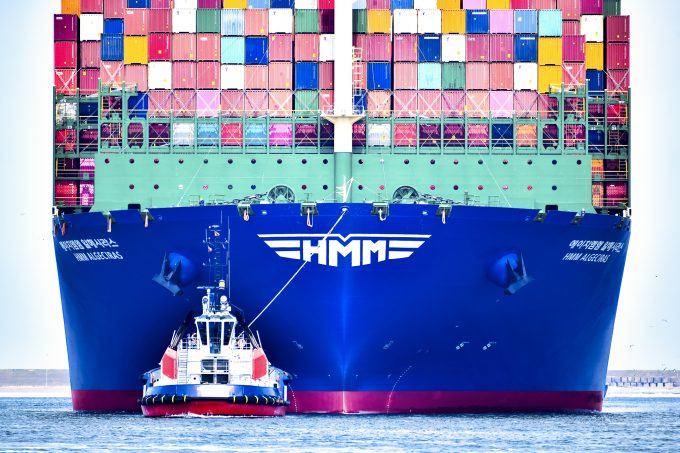South Korea calls on US not to impose port call fees on its car-carriers
The South Korean government has asked the US Trade Representative not to impose its port ...

HMM’s sale to the Harim Group-JKL Partners consortium has been called off.
Another round of discussions with the South Korean flagship carrier’s major shareholders, Korea Development Bank and Korea Ocean Business Corp, broke down just after midnight, Seoul time.
After the ...

Comment on this article